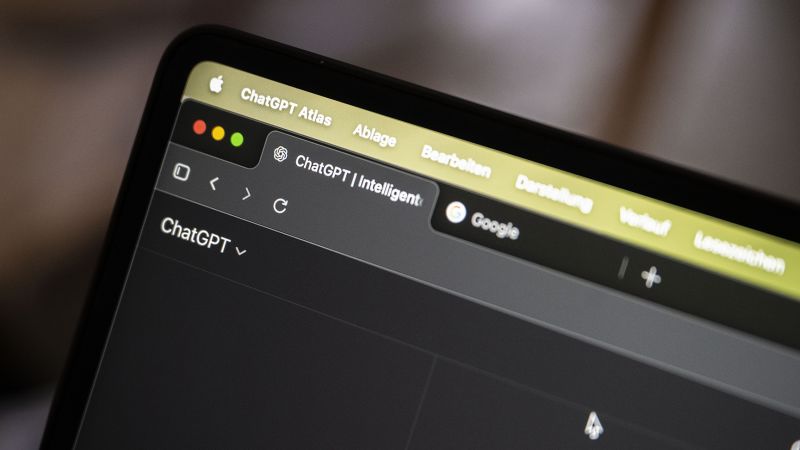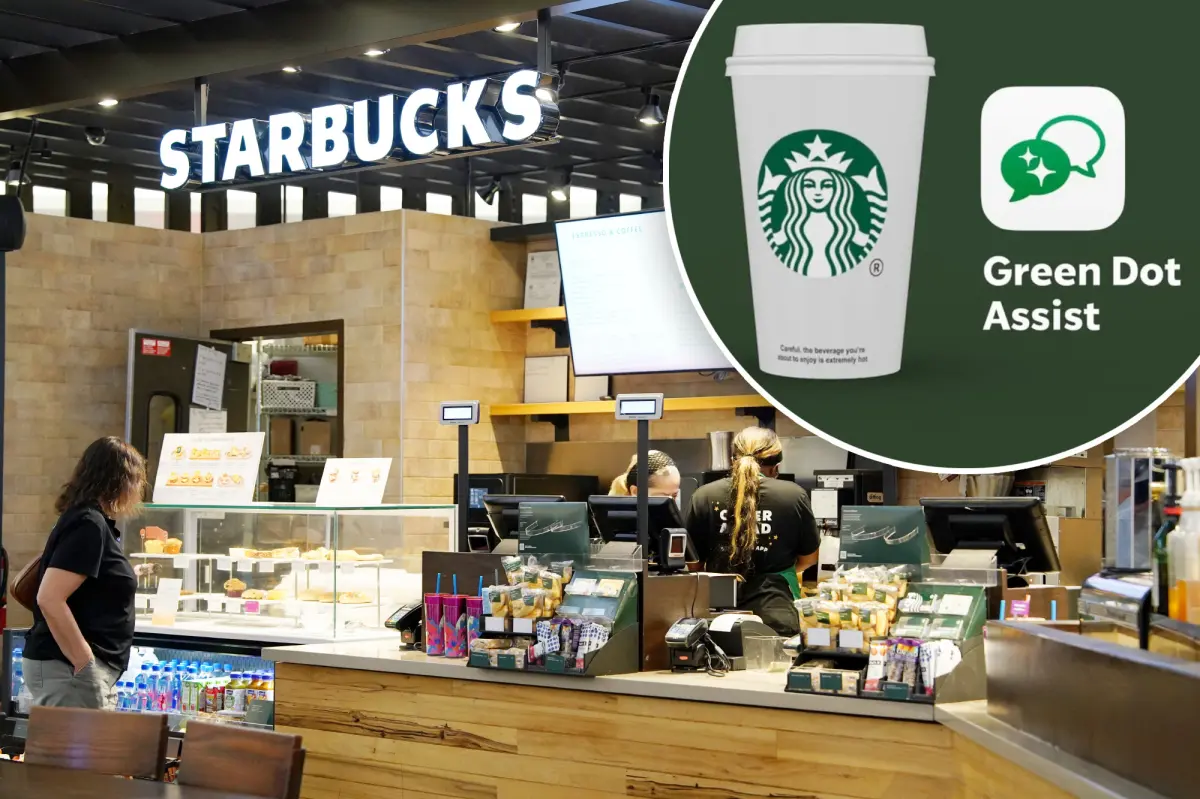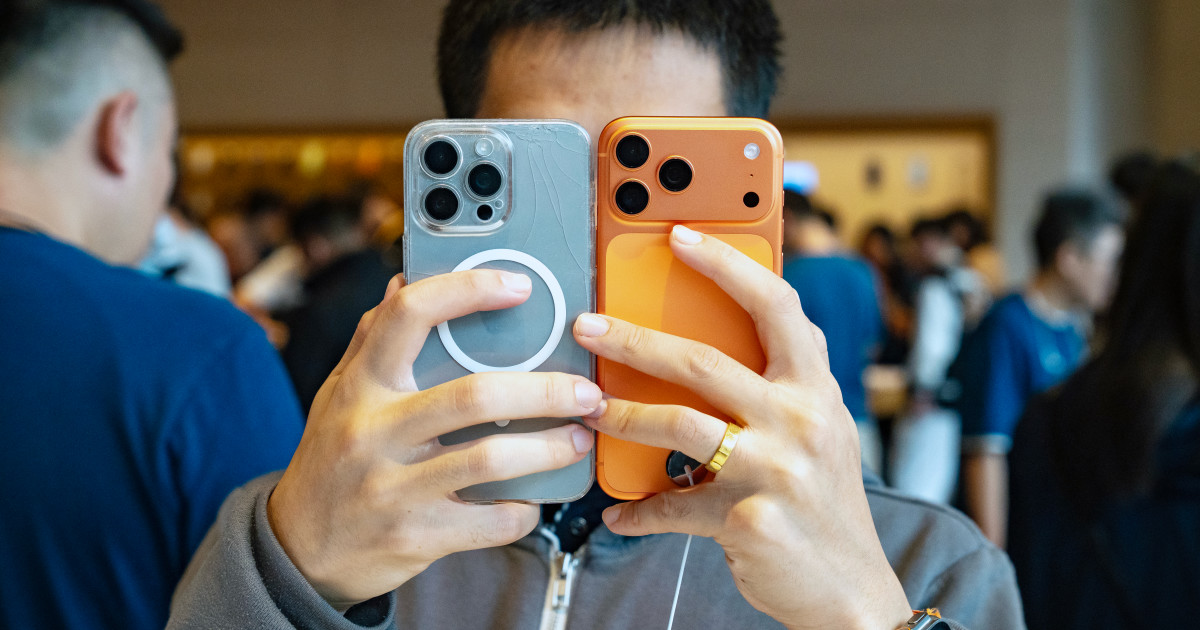Copyright Cable News Network

The tug-of-war over the internet’s future escalated dramatically on Tuesday after OpenAI unveiled a new product that takes direct aim at the heart of Google’s core business: controlling the world’s front door to the internet. OpenAI this week released ChatGPT Atlas, a desktop web browser infused with the popular AI chatbot. The product is more than just a way to expand ChatGPT, which now has more than 800 million weekly users. It’s an attempt to become the pathway to websites, social media and other online services, giving it a more direct role in everything people do online. Google has dominated that business for two decades. OpenAI is betting it can start to take over. OpenAI’s ChatGPT Atlas isn’t the first and only AI-driven web browser; AI search company Perplexity launched its Comet browser in July. Yet ChatGPT’s massive reach makes it the most formidable threat to Google, marking a turning point in the transition away from lists of blue links. “Your browser is where all of your work, tools, and context come together,” OpenAI CEO Sam Altman said in a blog post announcing Atlas. “A browser built with ChatGPT takes us closer to a true super-assistant that understands your world and helps you achieve your goals.” Google’s search engine – which is at the core of its Chrome browser – isn’t going away anytime soon. But there’s some data to suggest consumers are indeed embracing AI for some of the tasks they may have previously relied on search links for. A study from Pew Research found that people are less likely to click on links when AI-generated summaries are displayed in Google. And Apple’s senior vice president of services said earlier this year in court testimony, per Bloomberg, that search queries on its devices declined for the first time in April. The launch of Atlas, and whether it’s successful, will test whether consumers are truly ready to make a more dramatic shift to AI for their daily needs. For Google’s web browser and search engine, the move toward AI and away from links has been gradually built over the course of a decade. OpenAI’s Atlas, however, puts ChatGPT at the center of the browsing experience right from the jump. It’s ChatGPT’s search bar, not Google’s, that greets you upon opening the browser, along with suggestions for topics to research or tasks for ChatGPT’s AI agents to handle, like planning a weekend trip. A button at the top of the page pulls up ChatGPT in a sidebar, where users can ask questions or have it summarize the page. (I asked ChatGPT, for example, to explain the difference between “earnings” and “adjusted earnings” just by highlighting the text in an article and typing ‘what’s this?’). Then there’s ChatGPT’s agent mode, which can handle tasks on your behalf. When I asked it to find a bar in New York City’s Long Island City neighborhood with cheap drinks near the 7 subway and to book a table for three people, ChatGPT suggested a cocktail bar with happy hour deals located right near the train’s Queensboro Plaza stop. It also asked what time I’d like to book the reservation for. To be sure, Google is taking a very similar direction with its own browser, which accounts for a staggering nearly 72% of web traffic according to analytics platform Statcounter Global Stats. Google search results have AI summaries at the top, the Gemini digital assistant can summarize web pages and answer questions in Chrome. The company also offers a prototype web agent that can handle certain tasks like hiring a Task Rabbit to build furniture or booking a hotel based on information from a user’s email and calendar. But Atlas’ launch comes at a time when industry analysts are raising questions about Google’s role in the future of the web, a key theme that came up in the Justice Department’s landmark search monopoly antitrust case against the company. The role AI plays in the future of how people search online was a big factor in Judge Amit Mehta’s decision, which allowed Google to keep Chrome rather than offloading it. “These remedies proceedings thus have been as much about promoting competition among (general search engines) as ensuring that Google’s dominance in search does not carry over into the GenAI space. Many of Plaintiffs’ proposed remedies are crafted with that latter objective in mind,” the court filing from September read. OpenAI’s browser is only a day old, and there’s no telling whether it will resonate with consumers as broadly as ChatGPT. But it further underscores OpenAI’s ambition to play a fundamental role in how people use technology, starting with ChatGPT, search and now now web browsers – eventually expanding into consumer hardware. If that sounds familiar, it’s a page straight from Google’s book.



